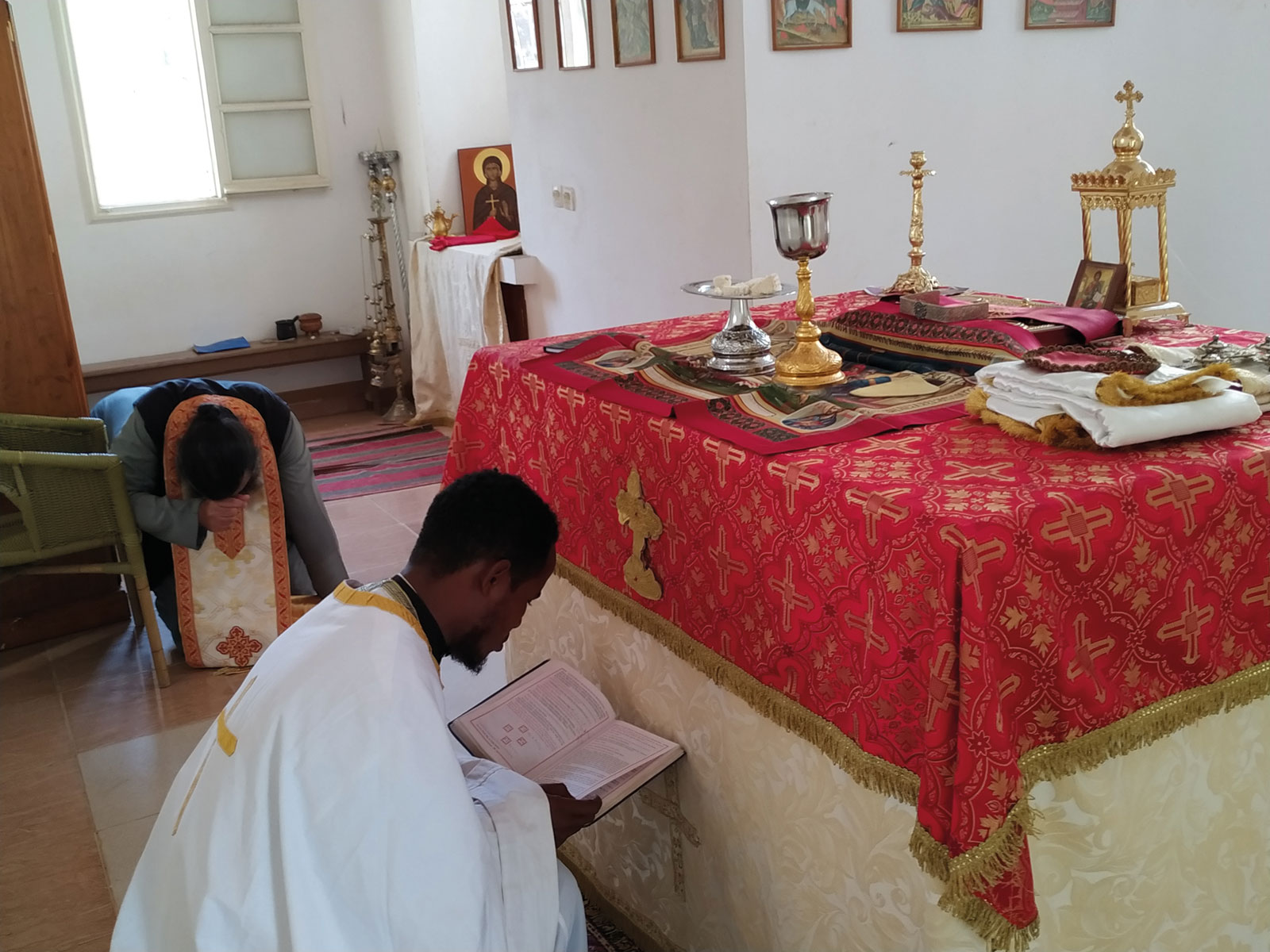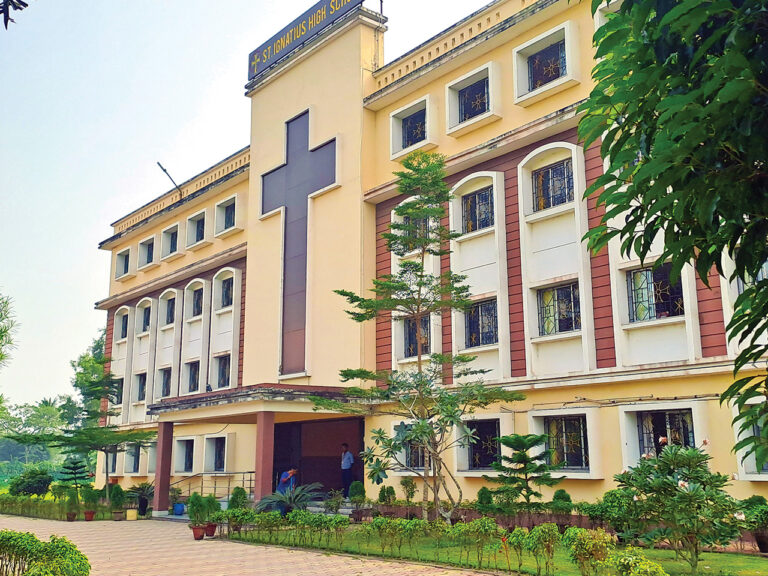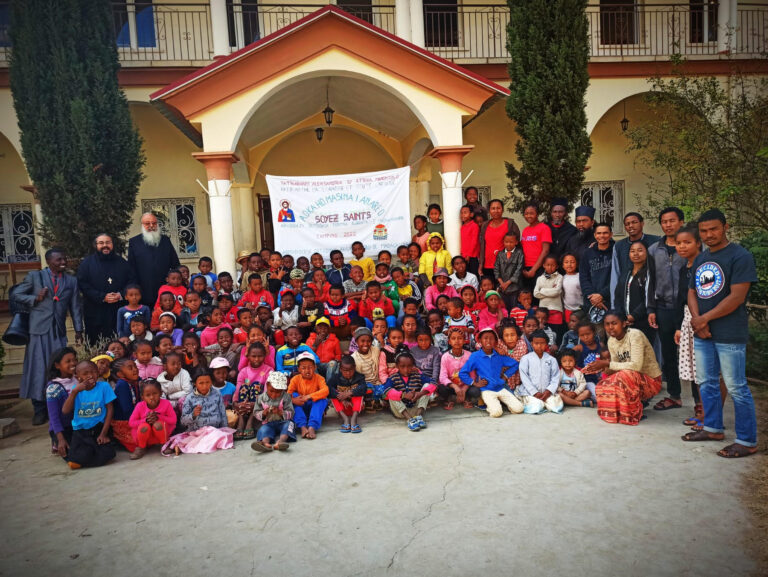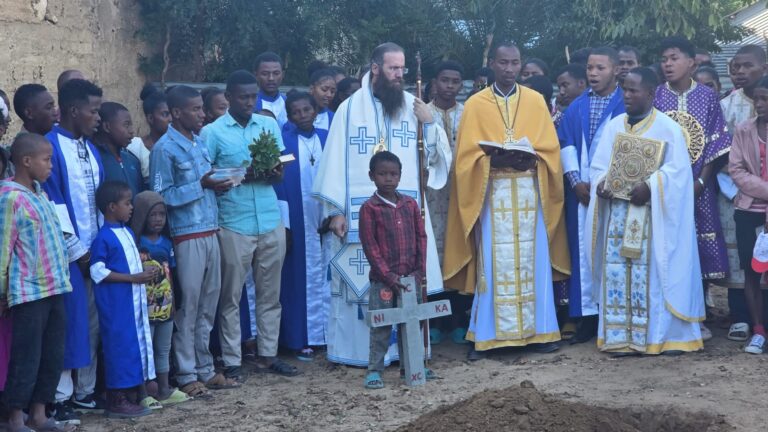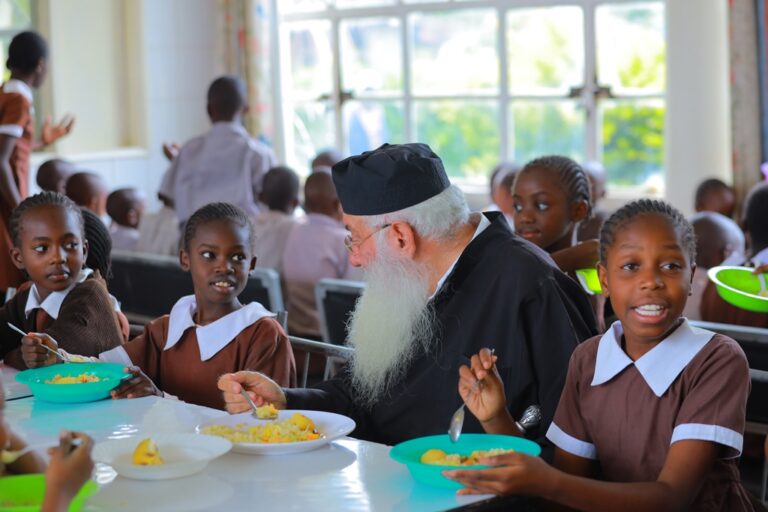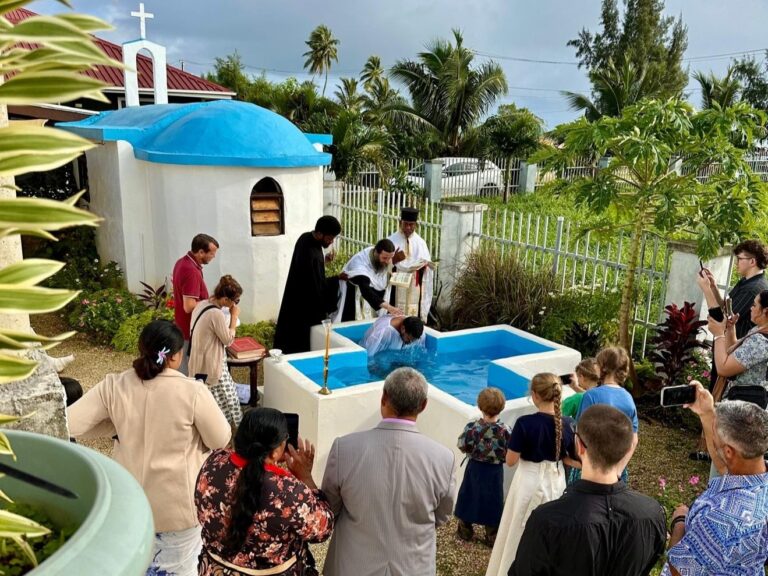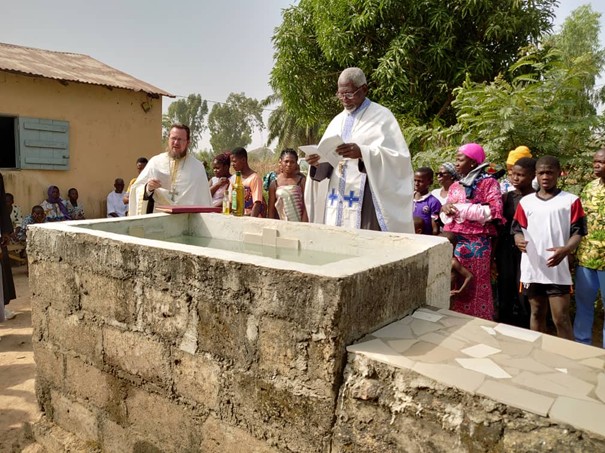Mission in the Covid era
Many people ask many times, what could be the greatest qualification one could have to do a mission. And we all struggle to be trained with the appropriate education, to learn languages, to do planning, calculations, savings, to fortify ourselves in general from all sides in order to “succeed”.
But we forget to ask the most basic question: what does mission really mean? And then, many times, we fall into the error of defining missionary work spatially, on a continent, tropically, in endless adventures and quantitatively, and even in statistics and forecasts.
But if we would like to answer the first question, let’s start with the second one. You want to know what qualifications you need to be a missionary? Take a closer look into the long history of the Church to realize what I am talking about. In our hearts.
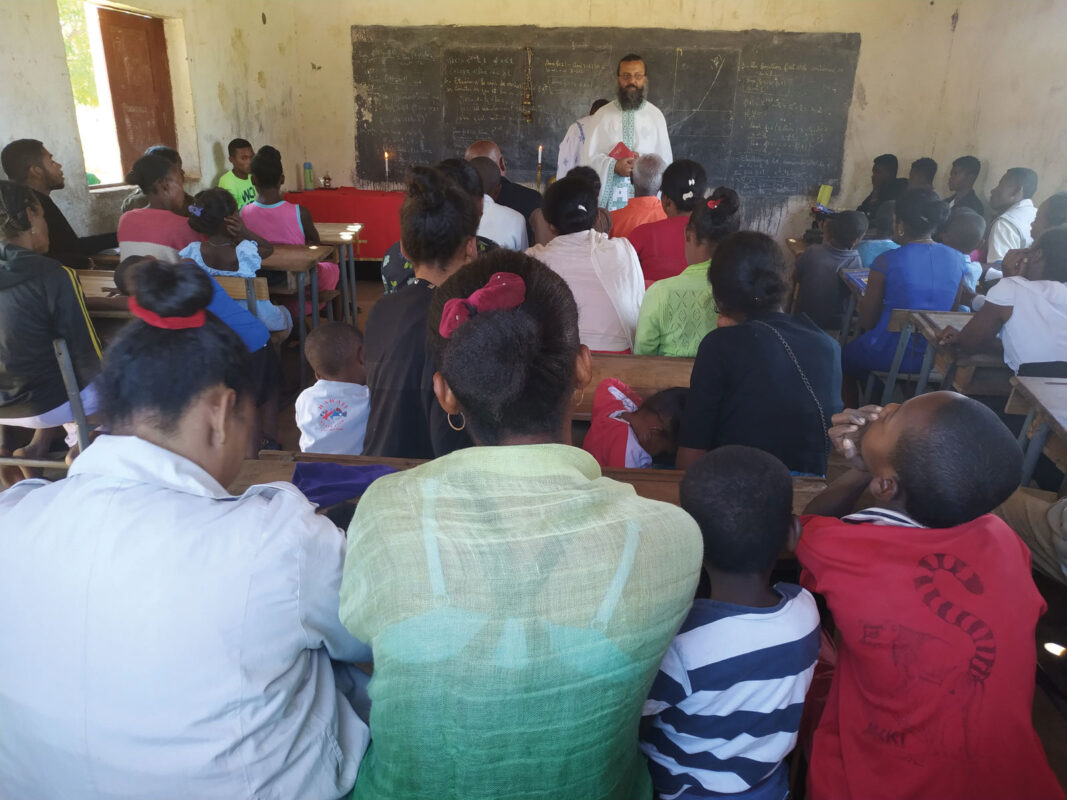
So let’s look back a little bit. Where did Christ preach? In His homeland. In the place where he grew up. Where did the first church begin? Jerusalem. What higher education did the Apostle Peter have and what did he profess? He was a good fisherman. Were all the apostles martyred? Undoubtedly not. Where did the early Christians preach Christ and the new faith? To their families, as a matter of fact. Who did the monks of Nitria, led by Anthony the Great, have around them to indoctrinate and evangelize? Obviously their brothers and comrades-in-arms, the ascetic monks. Where do the poor family men and women of the poor, living families apply the commandment of love? To their children. I wonder if they’re not all missionaries. Doesn’t the monk who melts in the love of Christ in his monastery do missionary work?
Therefore the only qualification that pulls the strings of missionary work and naturally defines it is Love. How can one teach Christ, who is the embodiment of Love, when he is empty of it? And what is the ultimate motivation for missionary work when this virtue is lacking? But let us now look at an example:
Recently a good friend of mine, a missionary from Covid in an African state, died. He told me the following:
“Father, as soon as the test came back positive, I was immediately admitted to the hospital. I was completely alone. No Greeks, no one beside me. Only the prayers of the Patriarch, our good fathers and the Greek family kept me company night and day. They kept me locked up in a chamber that didn’t even have water at first. The food was miserable. No medication. They only gave me a little oxygen, for which I’m grateful to the nurses, of course. They were the only ones who comforted me, when the doctors came to visit… Then, I was gasping for breath.
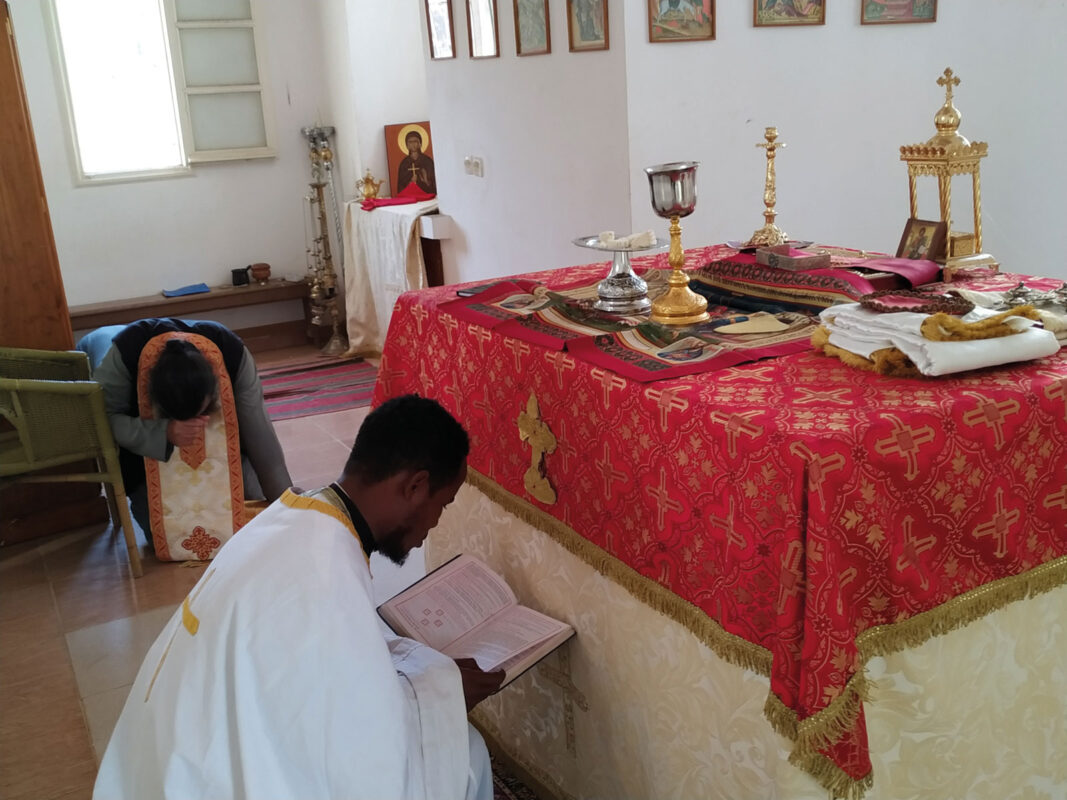
In this vast loneliness, however, the good God kept something wonderful for me. He was the leader of the missionary convoy. A young native, who was baptized by the grace of God into the Orthodox faith. He kept sending me messages – I couldn’t speak because of my shortness of breath. He would bring me food and beg for the leftovers daily, twice a day, to clean the dishes and bring me freshly cooked food, knowing the risk of catching it himself, which he later told me he did. He insisted on asking me for my clothes to wash them. He constantly prayed that I would be well and he also gathered all the known and close brothers to pray. When I did not put on oxygen, although I did not tell him many things, as he told me later, he had an unrelenting anxiety about the outcome of the illness. He was the one who came after three weeks in the car to pick me up directly from the Covid ward, and he hugged and cuddled me all that afternoon, overflowing with joy and relief that I had survived.
And now I ask you: who has been doing missionary work all these days of loneliness and anguish? Who is the missionary in this case? Not me…”.
Some say that in the post-Covid era everything will change.
But the Covid era also has a key benefit. Humanity has come face to face with its infinite loneliness and at the same time with its only companion, the Love of Christ. This Love that is so wonderfully manifested in the presence of the few persons who stand by the Covid patient, in the undoubtedly heroic nursing staff, but above all in the inner consolation inspired by the Grace of the Paraclete, from Whom all goodness in this lonely world of ours ultimately springs.
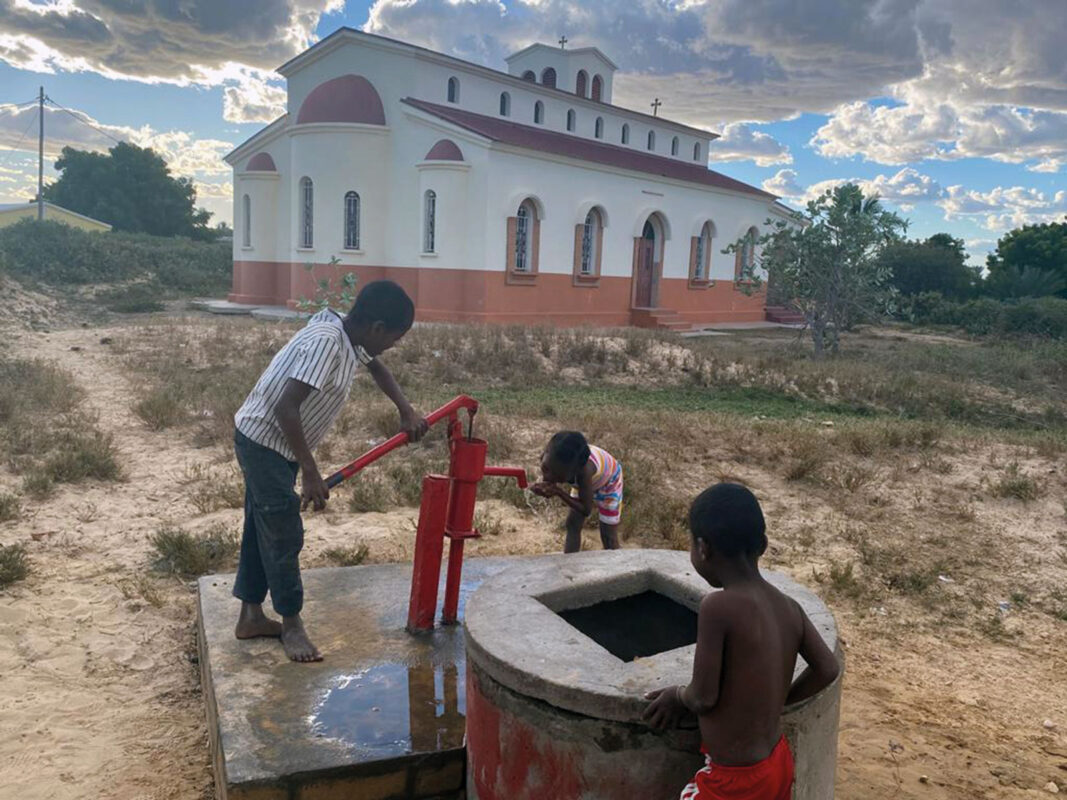
And mission is ultimately nothing less than the personal recognition and acceptance of this Love in our hearts. The recognition of it by our existence and the desire to give it to our fellow man, as it was freely given to us by God.
Whoever manages to accept this reality within himself and apply it, is entitled and deserves to be called a missionary. Our time gives us this wonderful opportunity for self-mindedness and self-consciousness.
Let’s seize it now, in the new “Covid era”.
π. Polycarp Agiannanitis
First Chancellor I.E. Toliaras

